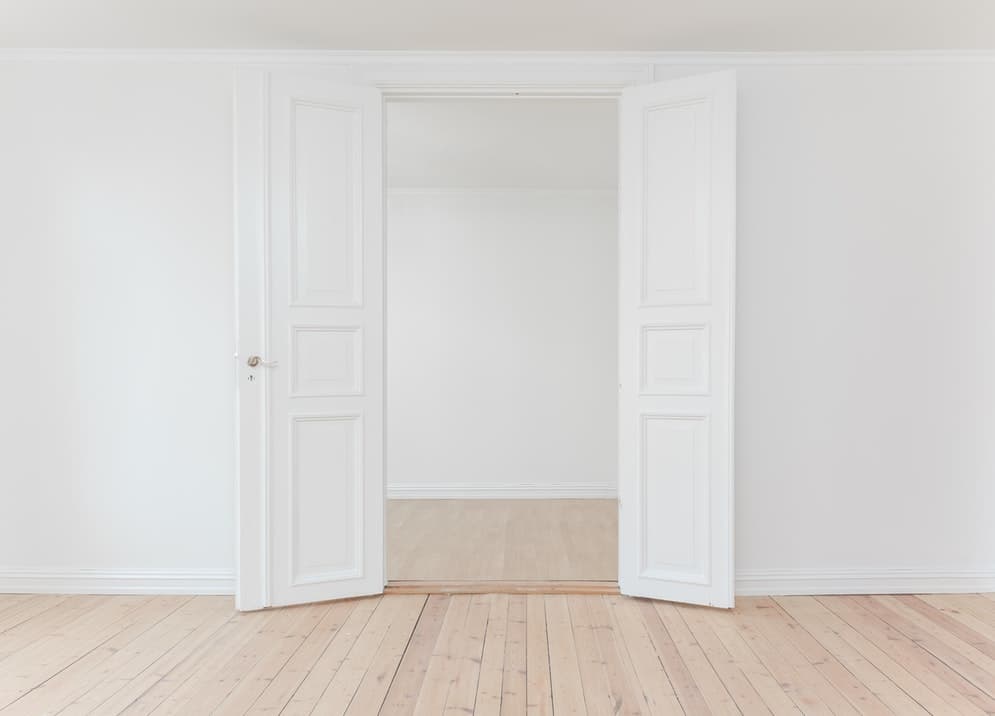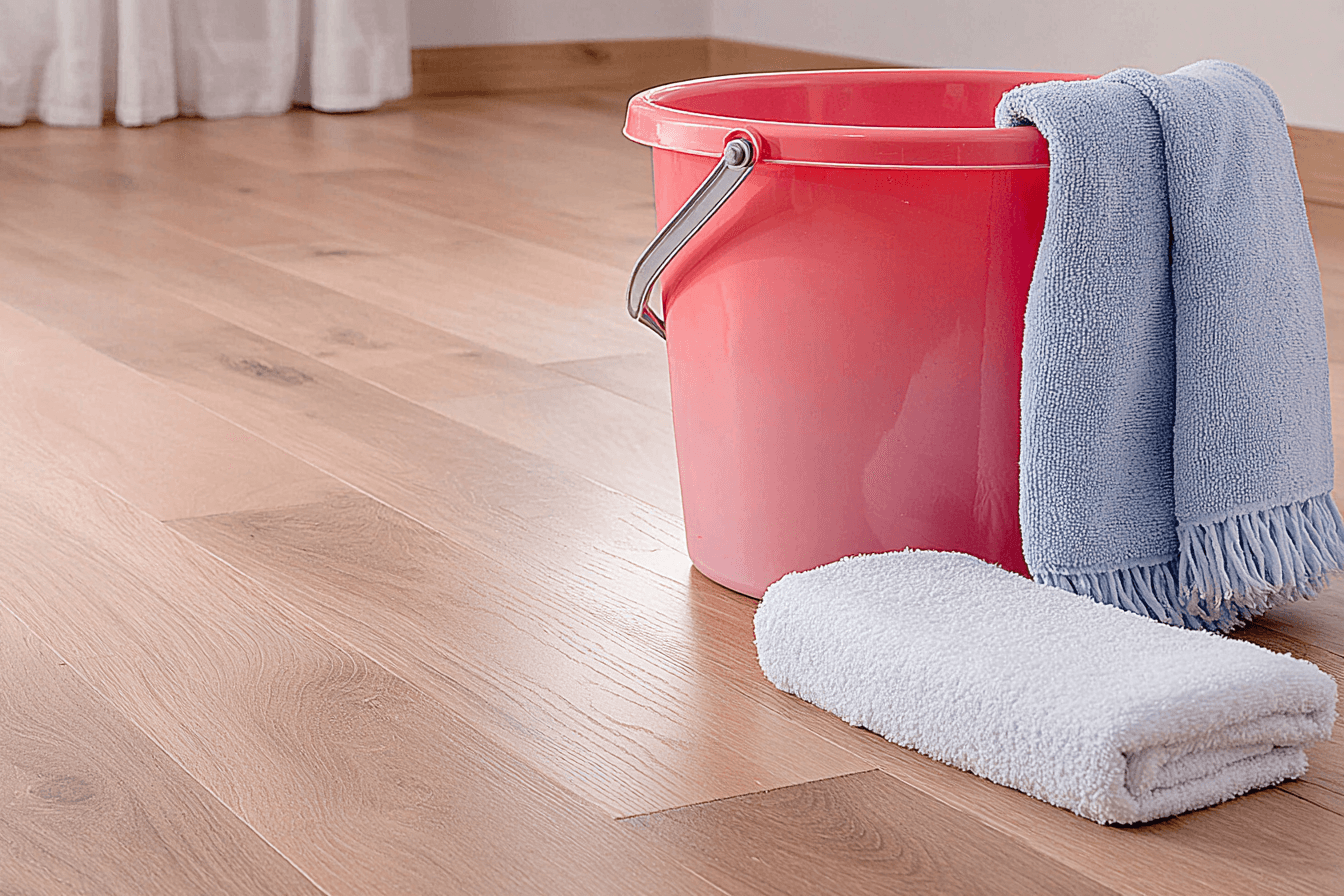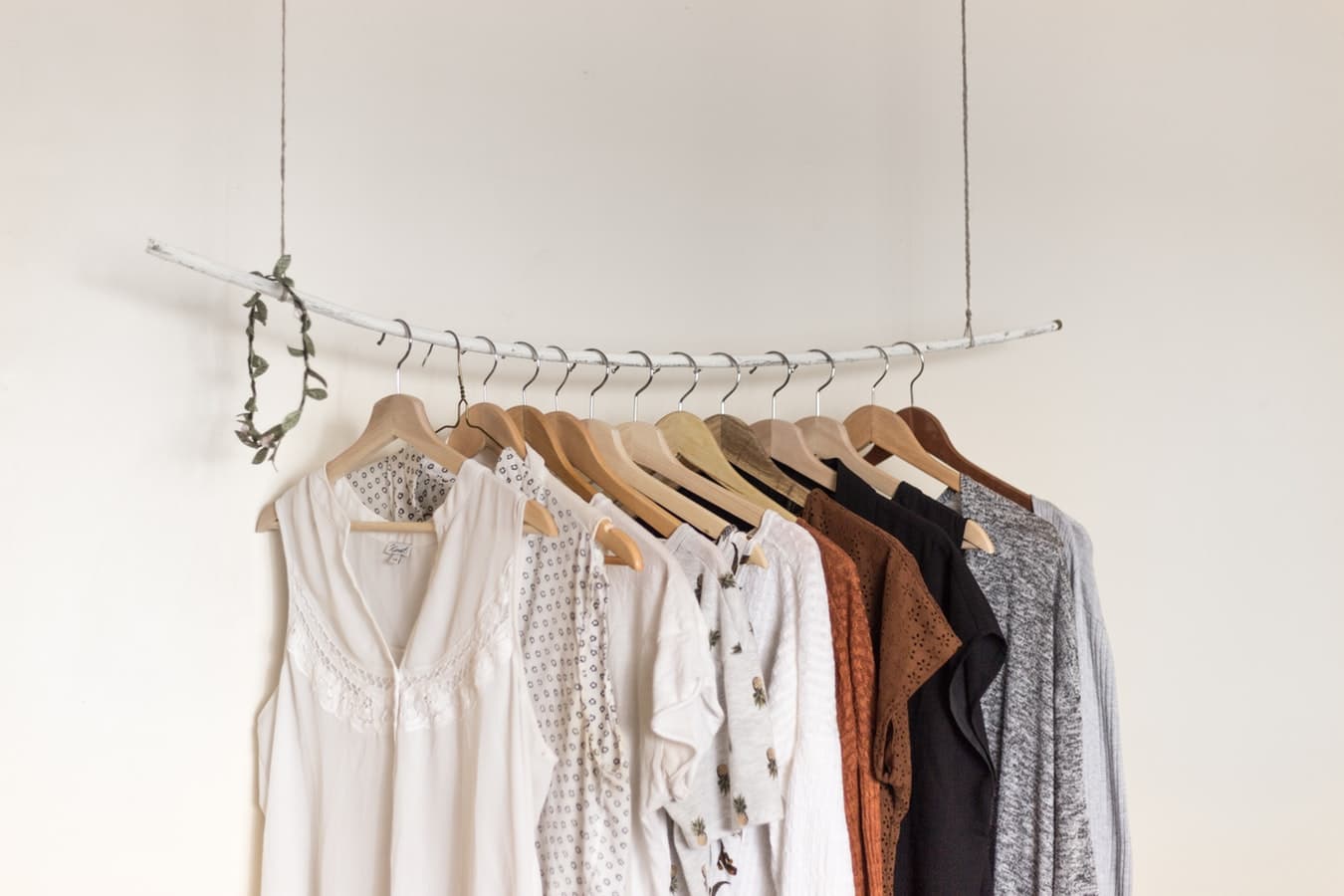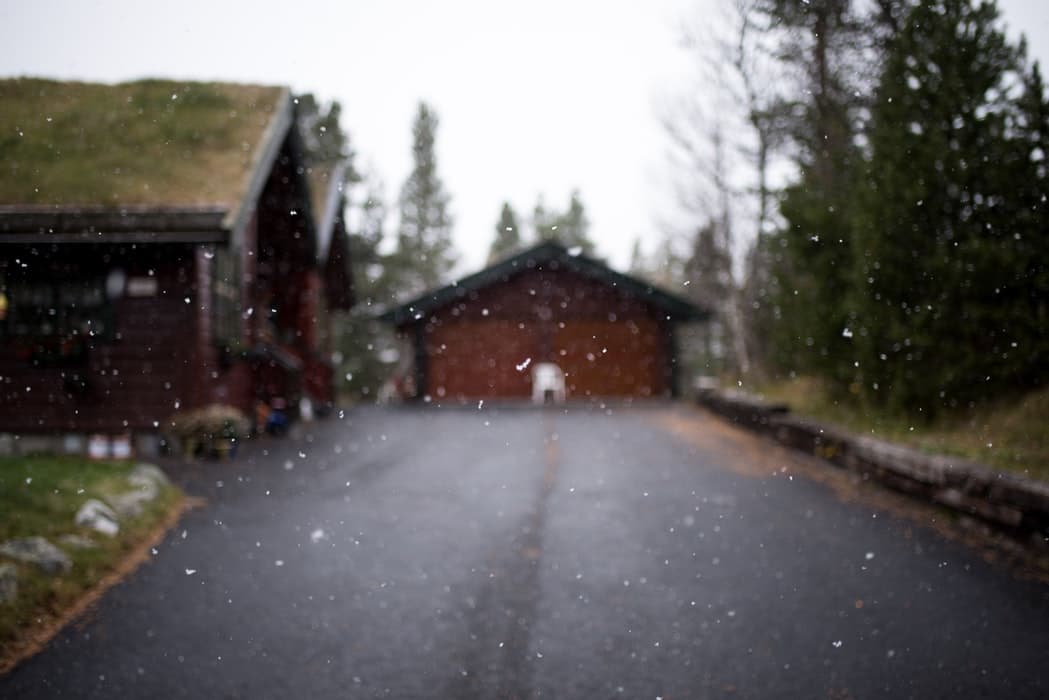Choosing a varnish for your wood floor
By Amanda Harvey
Updated on November 8, 2023

Renovating a wood floor can completely change the look of a room and add some much-needed charm. While sanding is often the part of the project where attention is focused, choosing a varnish is actually more important to achieve your desired finish. To understand this project a bit more clearly, here are the different options available on the market.
How to choose a wood floor varnish

source: unsplash
What is a volatile organic compound?
Volatile Organic Compounds (VOCs) are substances that are derived from hydrocarbons and are released into the environment. Affecting both the air quality as well as the health of humans, VOCs such as acetone, ethanol, butane and so on, have serious effects and can lead to asthma problems and in the worst-case scenario, cancer. These serious consequences have motivated the Canadian Government to control the amount of VOCs available in varnishes on the market.
Effective as of September 9th, 2010, the new legislation imposes a limit of 350 g VOC per litre for all varnishes manufactured in or imported into Canada. Further, their sale has been prohibited since September 9th, 2012. This information is important to bear in mind when shopping for varnishes.

The different types of wood floor varnishes
1) Water-based varnish
There are many advantages to choosing a water-based varnish. We will start by emphasizing that water-based varnishes are known for containing a very low rate of toxic products. Also, these varnishes are known for their ability to avoid yellowing over time, while also drying quickly during application. In addition, they are easy to maintain. When first developed, it was widely deplored that water-based varnishes had issues with resistance. However, newer water-based varnishes do not face these challenges. Their current degree of resistance allows them to be on par with urethane varnishes.
However, it is important to keep in mind that water-based varnishes react to calcium. Therefore, if you’re using it in a place where the floor might accumulate a certain amount of calcium, then you should consider applying an anti-calcium sealant. In another vein, the application of a water-based varnish involves waiting at least 1 month before the floor can be washed. This is an important point if you plan on applying the varnish in an area which frequently gets dirty.
2) Oil-based varnish

source: unsplash
While oil-based varnishes once referred to polyurethane and urethane-based coatings, it is important to note that these have been banned in Canada because of how highly toxic they are. Currently, oil-based varnishes only concern polyurethane-based varnishes. If you find them being sold somewhere, we would suggest that you avoid them at all costs due to their high toxicity.
Although an oil-based varnish will keep its lustre for many years, it often yellows. Also, it takes a considerable amount of time to dry, and this could be anywhere between 16 and 24 hours. Moreover, it is impossible to praise oil-based varnish's resistance. In fact, the main advantages to choosing this type of varnish are its' affordable price as well as the ease of application, which can be completed with a roller.
3) Alcohol-based varnish
Also containing a certain amount of toxic substances, alcohol-based varnishes stand out from the others mentioned because of their high resistance. Self-taught renovators appreciate the diversity of the finishes as well as its ability to preserve the natural look of wood. Additionally, alcohol-based varnish dries very quickly, usually needing approximately 1 to 2 hours.
From an environmental point of view, alcohol-based varnish is not an optimal choice. However, it is possible to counter the effect of its toxicity by opening the windows during the application process.
The price to varnish a wooden floor
Let us first note that the price for varnishing a floor can vary depending on the type of product used, the addition (or not) of dye and the work that takes place before the varnish is applied. Cost variations may also occur if the floor is already varnished and the finish needs to be removed. The prices cited in the following table are examples and only serve to give a general idea of what you can expect:
Type of varnish and/or work | Average prices (products and labour) |
Low-end varnish and sanding | $1.50 to $1.75/ square foot |
Standard varnish and sanding | $2 to $2.50/square foot |
High-end varnish (high traffic areas) | $3 to $3.50/square foot |
Adding dye | approximately $1/square foot |
Floor repairs | $10 to $40/floor board |
Get 3 renovation quotes for your flooring renovation project
RenoQuotes.com will put you in contact with 3 reliable contractors for your floor covering renovation project. Fill in the form on our homepage (it only takes a few minutes), and you will receive quotes from trusted professionals.
Dial 1-844 828-1588 to speak with one of our customer service representatives
Looking for something else?
Related articles
The latest industry news, interviews, technologies, and resources.

Editorial Team
•10 Feb 2026
Renovations promise a fresh start, yet the dust and debris they leave behind can make a finished space feel anything but livable. Proper post renovation cleaning removes the hidden grit, the fine particles and the lingering mess so your home finally feels complete and ready to enjoy without another round of hard work.

Editorial Team
•15 Nov 2024
In North America, our weather is fairly unpredictable. As a result, we need to be able to rely on our home's heating system to keep us warm during those notably cold months.

Editorial Team
•08 Nov 2023
The bedroom is the definite haven of the home. Depending on your living arrangements, this room may be the only space offering you a little bit of peace, quiet and privacy. Of course, you’ll need it to be as organized as possible if you’re spending endless hours tucked away in your bed.

Amanda Harvey
•08 Nov 2023
Every single winter, homeowners like yourself know how difficult it is to leave the driveway successfully. Between the constant build-up of ice and snow and the energy it takes to shovel, we all find cold weather exhausting. Many have turned to hiring someone to frequently clear their driveway, but this is a costly affair. So, is there a middle ground to consider that’ll solve this problem? Enter heated asphalt.
Editorial Team
•09 Sep 2024
Nowadays, in our homes, one of the rooms in which we spend the most time is the kitchen. Not only is it where we cook, but it’s the ideal place to spend time with friends and family, usually over a good meal. Hence, there’s value in making it cozy and welcoming. So, without further delay, why not give your kitchen the makeover it deserves to make it as homely as possible? This space can be revamped with the help of just a few clever ideas! Here are some interior décor tips that’ll make your dated kitchen look modern in no time!